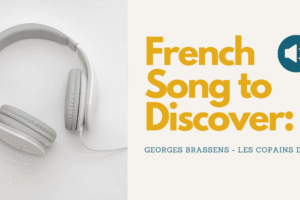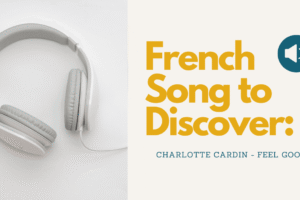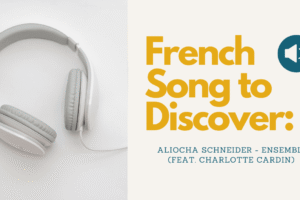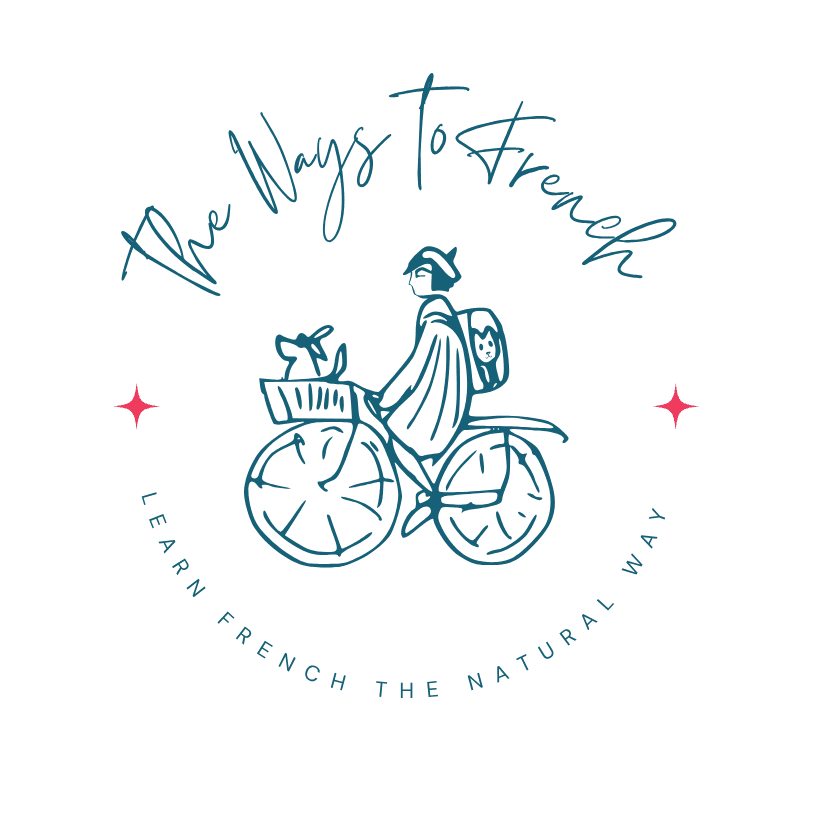
The Power of Fun in French Learning
- Posted by thewaystofrench.com
- Categories Blog
- Date 18 August 2025
- Comments 0 comment
Fun French language learning isn’t just enjoyable — it’s the most effective way to truly become fluent. Whether for children or adults, weaving a new language naturally into daily life creates stronger, longer-lasting results than relying solely on textbooks or grammar drills.
Our family story: From cartoons to bilingual conversations
In our family, bilingualism didn’t start with lessons. Our children never had a single class, filled in an exercise sheet, or opened a grammar book. Instead, they absorbed a second language by living with it every day.
They watched cartoons, listened to music, read books, and heard stories. Soon, those words and phrases began appearing in their games. They reenacted dialogues, sang songs while playing, and repeated expressions naturally. With time, play turned into real communication.
They became fluent in another language the same way they had in their own: through joy, curiosity, and imagination. No pressure, no fear of mistakes, no judgement. Just language in action.
Why having fun is more effective than traditional methods
Traditional approaches often prioritise memorising lists of words or learning grammar rules out of context. While these techniques may give the illusion of progress, they rarely lead to confident speaking.
Fun, natural immersion works differently — and better:
Context strengthens memory. Words learned through a story, song, or recipe carry meaning, emotion, and images. That makes them easier to recall.
Grammar becomes intuitive. Instead of consciously applying rules, learners hear structures repeatedly and reproduce them naturally — just like in their first language.
Emotions boost motivation. When learning is associated with enjoyment, curiosity, or humour, the brain is far more likely to engage and retain information.
Speaking starts earlier. Learners who interact with authentic material are pushed to use the language to communicate, rather than just analysing it.
This isn’t just anecdotal. Research in second language acquisition shows that immersion and meaningful input are far more effective than isolated memorisation.
How to integrate fun French language learning into your life
You don’t need to move abroad to create immersion. A playful, cultural routine at home can transform how you or your family learn French. Here are practical ideas:
Watch original content. Cartoons, movies, and series in French — with or without subtitles — build listening skills naturally.
Read together. Children’s books, comics, or short stories provide context-rich vocabulary.
Cook in French. Read recipes aloud, name the ingredients, and connect language to action.
Sing and play. Songs stay in memory for years. Reenacting them in play makes learning effortless.
Create a French moment each day. Even 10 minutes of reading or listening can spark real progress.
The secret ingredient: Play
In our experience, play is the bridge between passive input and active speaking. Our children didn’t just listen — they acted out stories, replayed songs, and invented dialogues. This step turned comprehension into fluency.
For adults, the same principle applies: instead of only “studying,” try role-playing conversations, writing a playful dialogue, or singing along to a favourite song. Fun opens the door to real use.
Explore more fun French resources
On our blog, we share tools designed to make learning French enjoyable and sustainable:
The French Workout, with practical exercises for daily practice.
The Library, full of stories and cultural resources.
Our Store, offering creative materials that bring French to life.
- Our Online Courses, where you can join Thomas and start speaking French in a supportive and trusting environment.
Language is not meant to be studied in isolation — it’s meant to be lived. By making the process fun and natural, you’re not just learning a language. You’re building a lifelong relationship with it.
You may also like

French Song to Discover: Les Copains d’abord

French Song to Discover: Feel Good

